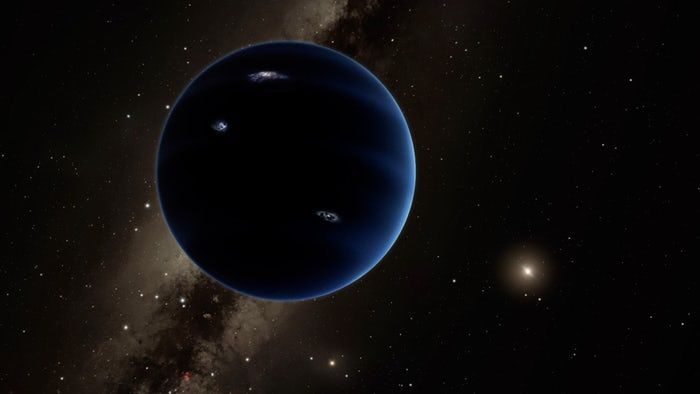A team of researchers from the Harvard-Smithsonian Center for Astrophysics has released a paper outlining the probability for each of the three leading theories explaining how the phantom “Planet Nine” could have ended up in its current theorized orbit.
The existence of Planet Nine is predicated on a series of computer simulations ran by a pair of Caltech scientists to explain the trajectory of six Kuiper Belt objects, which may have been sent in to highly eccentric orbits after an encounter with a huge body roughly 10 times the mass of Earth.
The researchers asserted that the planet takes between 10 — 20 thousand years to traverse a single, highly-elliptical orbit, ranging between 40 and 140 billion miles from the Sun.
Read more
